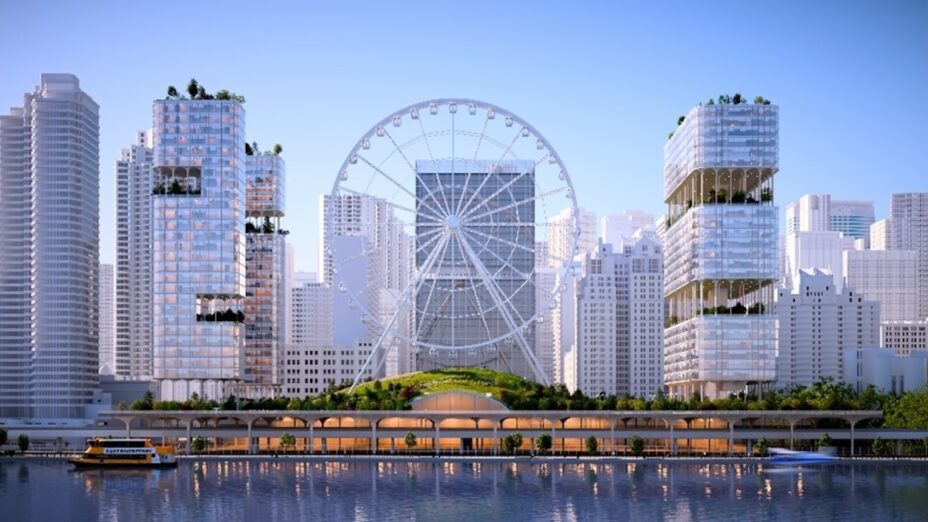The last remaining bid for a casino in Manhattan was rejected on Monday after a community advisory committee voted down the proposal.
The bid by Soloviev Group, Mohegan Tribe, and Banyan Group to build a casino on a brownfield site in mid-Manhattan, close to the United Nations building, failed to gain community support due to concerns about traffic and the impact on residents.
The proposal for the casino, Freedom Plaza, would have seen the largest undeveloped property in midtown transformed into a 4.77-acre publicly accessible waterfront park with two flagship hotels and gaming entertainment leisure complexes totalling 580,000 square feet.
It also promised the largest wellness centre in Manhattan, over 30 food and beverage options, a conference and entertainment space, and the nearly 5-acre park, pathways, and esplanade that would have covered 70 per cent of the site.
The rejection of the Freedom Plaza proposal follows last week’s rejection of the other two Manhattan proposals, Caesars Times Square and The Avenir at Hudson Yards.
Caesars Palace Time Square failed after facing very vocal opposition from other entertainment venues in the area, including Broadway theatres and restaurants, while Rush Street Gaming’s plans for The Avenir at Hudson Yards also hit a wall after failing to gain community support.
The Times Square proposal was arguably the most beneficial for New York, given its ability to tap into out-of-state money from the throngs of tourists in the area. An estimated 50-60 million tourists visit Times Square each year, something that may be hard to replicate in Brooklyn or Queens.
The remaining bids for the three available New York licenses are Bally’s Bronx, The Coney Island Resort & Casino, MGM Empire City in Yonkers, Metropolitan Park in Queens, and Resorts World NYC in Queens.
As with most major development projects, people recognise the economic benefits of the proposals – just “not in my backyard”.
MGM Empire City and Resorts World NYC are the sites of existing gaming operations, making them the least likely to suffer from local opposition.
